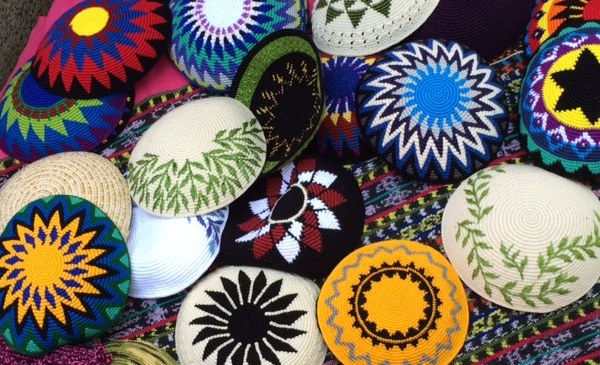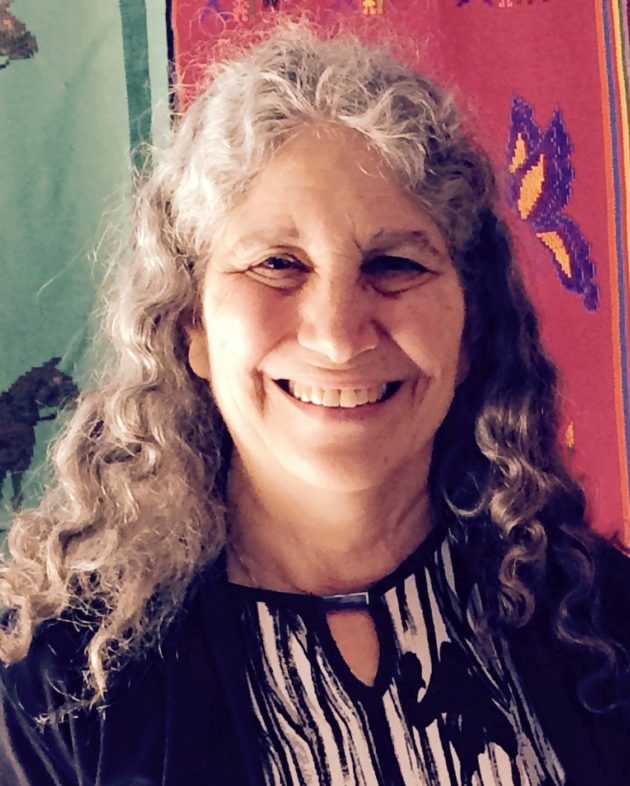
My Fair Trade Lady: A Trip to Guatemala to Meet Judaica Creators
Why is Fair Trade a women’s issue? And why, furthermore, is it a Jewish women’s issue?
While women are routinely mocked for shopping ‘til we drop, there is truth in female shopper stereotypes: we are responsible for 85% of household purchases, even of products used by men. How do we Jewish women use our purchasing power for social good, raising our purchases from the merely material to mitzvah-territory?
The fair trade movement marries shopping to social justice, guaranteeing fair, reliable wages, gender equity, healthy working conditions, and environmental stewardship. By spending more to assure that the people who create our products are justly treated and compensated, we are following the edicts of Rambam. This famous scholar ranked tsedakah; buying fair trade is at the top, since it helps the poor escape destitution. When I first explained the concept of fair trade coffee to my son Zach, he pointed out its opposite: “unfair trade”, where workers are squeezed and powerless.
This past February, I traveled to Guatemala with 10 other women and two men on Fair Trade Judaica’s annual trip visiting artisans who, remarkably, create beautiful Judaica. In fact, their Judaica lines have been so well received that the craftswomen are expanding them.
While many Jews have supported Fair Trade through their individual purchasing, Ilana Schatz created the Fair Trade Judaica movement. On a honeymoon trek to Nepal with her husband, David Lindgren, she shopped for a replacement for her worn-out tallit. She met a weaver whose work she loved and commissioned a new prayer shawl.

Ilana Schatz, founder of Fair Trade Judaica. Photo by Betsy Teutsch.
When she put it on back home in Berkeley, Schatz felt suffused by the spiritual connection to her tallit’s creator and the satisfaction of knowing her tallit helped the weaver support herself. Seven years later, Fair Trade Judaica has become a portal for fair trade Jewish ceremonial objects as well as outreach and education in the Jewish community about incorporating fair trade purchasing into our individual and communal practices.



